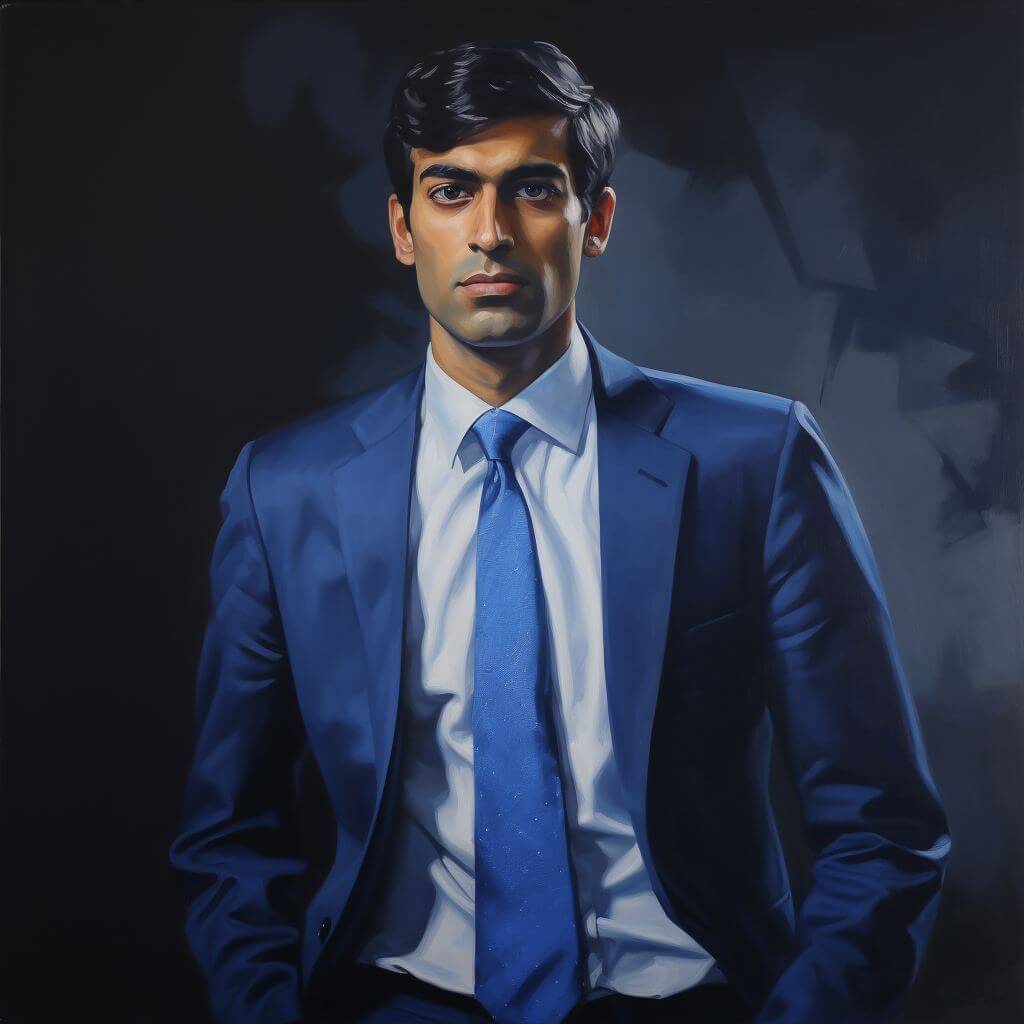In a race against time, Prime Minister Rishi Sunak finds himself grappling with a less-than-stellar guest list for his upcoming AI summit, scheduled for November 1-2 at Bletchley Park. With hopes of uniting heads of the most influential nations to address the potential dangers of artificial intelligence, Sunak faces a notable absence of key world leaders just two weeks before the event.
The thin presence of world leaders
Despite Sunak’s efforts to position the UK at the forefront of AI development and regulation, the guest list for the summit is notably lacking in top state leaders. German Chancellor Olaf Scholz, Canadian Prime Minister Justin Trudeau, and potentially French President Emmanuel Macron and Japanese Premier Fumio Kishida are among those holding back. This absence threatens to diminish the summit’s impact on forging an international approach to AI.
In the preliminary draft of the communique, strides have been made in elucidating artificial intelligence’s capacity to inflict “catastrophic harm”; nevertheless, apprehensions persist regarding the somewhat restricted inclusivity of G7 leaders in this pivotal discourse. The British government, in a reassurance-laden proclamation, affirms that all nations extended an invitation will dispatch distinguished senior representatives, staunchly underscoring the conventional nature of divergent participation dynamics inherent in the realm of international summits.
Big tech executives and the deepfake dilemma
Concurrently, Rishi Sunak endeavors to extend a cordial invitation to eminent luminaries within the expansive realm of the burgeoning tech industry. But, the anticipated presence of OpenAI’s distinguished luminary, Sam Altman, and the venerable captain of Adobe’s technological ship, Shantanu Narayen, remains ensconced in the nebulous realm of unconfirmed attendance, thereby injecting an element of uncertainty into the already intricate tapestry of the summit’s representation of the technological vanguard.
It is worth underscoring that amidst this labyrinthine web of RSVPs, the looming specter of anticipation surrounds the confirmed attendance of Microsoft’s erudite Brad Smith, adding a beacon of assured luminosity to the ensemble. Also, the summit is poised to play host to notable figures hailing from the bastions of technological prowess, with emissaries from Meta Platforms Inc., the ubiquitous Google, and the avant-garde enclave of DeepMind Technologies Ltd. poised to grace the congregation with their formidable presence.
As discussions unfold, the summit’s agenda expands to address the risks posed by deepfake AI, particularly in the context of potential election interference. Cabinet members express private concerns about the use of deepfakes during the upcoming national elections, highlighting the need for comprehensive regulation in the face of evolving AI technologies.
Cracking the AI guests conundrum
As the November summit approaches, questions loom over the efficacy of Sunak’s efforts in steering global AI regulations. Can the UK, despite the absence of some world leaders, successfully navigate the diverse views on AI regulation, or will competing interests hinder the establishment of a unified global approach? The summit’s outcome remains uncertain, yet its significance in shaping the future of AI governance is undeniable.
In the face of these challenges, Sunak’s ability to bridge the gap between the tech industry and state leaders will be put to the ultimate test. The absence of key figures like Chancellor Scholz and Prime Minister Trudeau raises concerns about the summit’s ability to form cohesive policies. As the world watches, the success or stumbling of this gathering could set a precedent for future international efforts in managing the profound impact of artificial intelligence on our global landscape.




